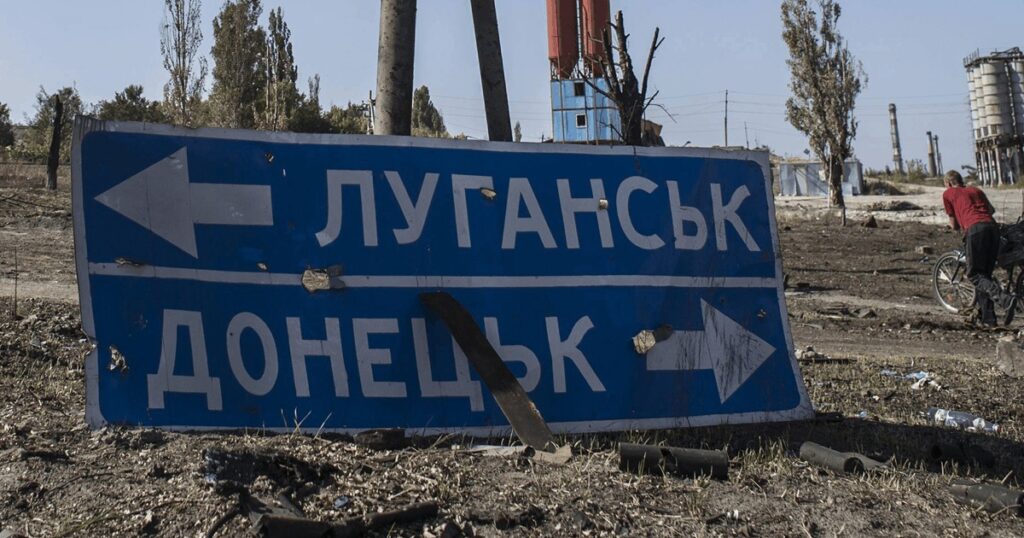Russia launches forced call-up of reservists in occupied Luhansk oblast

In the early hours of 15 November, Russian occupation forces forcibly mobilized the first group of so-called "reservists" from the Russian-occupied territory of Luhansk Oblast, according to head of the Luhansk Oblast Military Administration Oleksii Kharchenko. The men were told they would guard infrastructure facilities, but they were immediately transferred to military bases for training instead, according to the official.
Russia reroutes new Luhansk recruits to military training centers
Kharchenko stated that the first batch of reservists was gathered on the temporarily occupied territory of Luhansk oblast. He said Russia’s Ministry of Defense had promised to prepare the recruits exclusively for guarding infrastructure.
"However, they were immediately sent to training centers. The 'special gatherings' will last for two months," Kharchenko's statement reads.
The official added that Russian military commissariats set a corresponding plan for each occupation-controlled administrative area. They are required to implement the new version of forced mobilization in the temporarily occupied territory.
Past mass mobilization took place years ago
After the widely unpopular "partial mobilization" in late 2022, the Kremlin shifted entirely to recruiting contract soldiers, using financial incentives to lure them in. The campaign expanded not only across Russian-occupied Ukrainian territories but also to numerous foreign countries.
On 10 November, the US-based Institute for the Study of War reported that Russia began an involuntary partial call-up of reservists in at least 19 Russian regions, officially under the pretext of protecting critical infrastructure following a new law signed by President Vladimir Putin on 5 November. Although Russian officials claimed reservists would serve only in their home regions, contracts include no legal geographic limits, and ISW assesses that the Kremlin is using infrastructure protection as a cover to secretly prepare these reservists for frontline deployment, including to Ukraine.